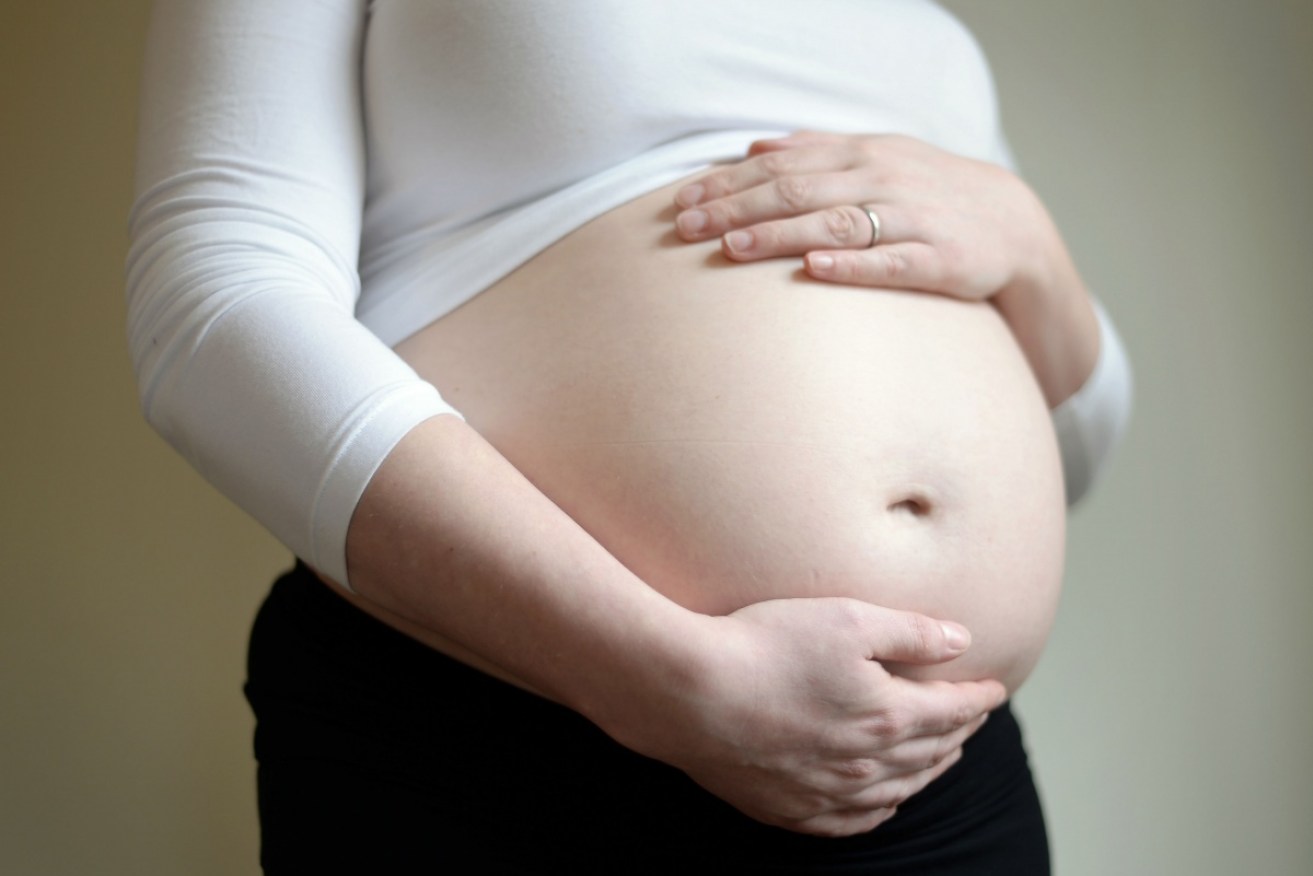Thousands of Australians raid super to pay for IVF and weight loss surgery


Increasing numbers of Australians are using their super to pay for IVF. Photo: AAP
Debate about the early release of superannuation has ramped up after it emerged that a rising number of Australians were raiding their retirement funds to pay for non-vital procedures such as weight loss surgery and IVF.
In 2016-17, 15,000 people accessed their superannuation early to pay for medical procedures, Treasury figures released over the Christmas period showed.
That was more than three times as many as in 2010-11.
Medical procedures accounted for three-quarters of all early released superannuation, with IVF and weight loss surgery topping the list.
In 2000-2001, $42 million of early super was released compared to $290 million in 2016-17.
Responding to concerns over this dramatic rise, Acting federal treasurer Kelly O’Dwyer said the government was undertaking a review which would report back in early 2018.
“The rules on this have not been changed for around 20 years,” she told reporters in Melbourne on Tuesday.
“The government is currently reviewing it to make sure it strikes the right balance, so that we can protect members’ retirement savings and we can ensure that where it is appropriate, they get access to their money because they’re suffering from severe financial hardship or from a serious medical condition.”
Currently, early release rules allow people to dip into their super on a number of grounds, not just when they are terminally ill or under “financial hardship”.

Acting treasurer Kelly O’Dwyer wants the rules to ‘strike the right balance’ between compassion and financial prudence. Photo: Getty
According to a consultation paper published by Treasury on December 20, super can also be accessed to “alleviate acute or chronic pain”, or “alleviate an acute or chronic mental disturbance”.
It can also be accessed to pay for treatment that is “not readily available to the individual or their dependant through the public health system”.
Australian Medical Association President Michael Gannon said Australia’s superannuation system was never designed to be a safety net for the health system.
The majority of bariatric surgery patients who dipped into their super had been told there were no public weight loss services or the waiting list to access them was two or three years, Dr Gannon said.
There are grossly inadequate bariatric services in Australian public hospitals, he said.
“Things like weight loss surgery, things like infertility are highly emotive, we’re talking about vulnerable patients,” he told reporters in Perth.
“What we don’t want is vulnerable patients being taken advantage of in a system and making financial decisions they might regret in the future.”
Watch some of Dr Gannon’s press conference below:
Consumers Health Forum chief executive Leanne Wells said actual medical fees far outstrip the benefits paid by Medicare and even when people have health insurance, they can still face gaps of thousands of dollars.
“High out-of-pocket costs, running into thousands of dollars for many patients, are contributing to the widening gap of two-tiered medicine where access to medical treatment is dependent on your means rather than need,” she said.
Ross Clare, a superannuation expert and technical director at the Association of Superannuation Funds of Australia (ASFA), told The New Daily that the figures raised “some real questions” about the current early release rules.
He said, while ASFA supported releasing super on genuinely compassionate grounds, there was evidence that people were “doctor shopping” until they found a doctor willing to give them the advice they wanted.
“We think there should be objective, appropriate provisions in place. And certainly it seems as though the current system is not working the way it was intended to.”
Using superannuation as a form of finance did not always make financial sense, Mr Clare added.
“When the super comes out it’s taxed, and you’re often paying for someone to do the papers. So it’s an expensive form of finance.”
Public submissions for the Treasury review into the early release of superannuation benefits close on February 12.
The government is also separately reviewing out-of-pocket healthcare costs.
-with AAP








